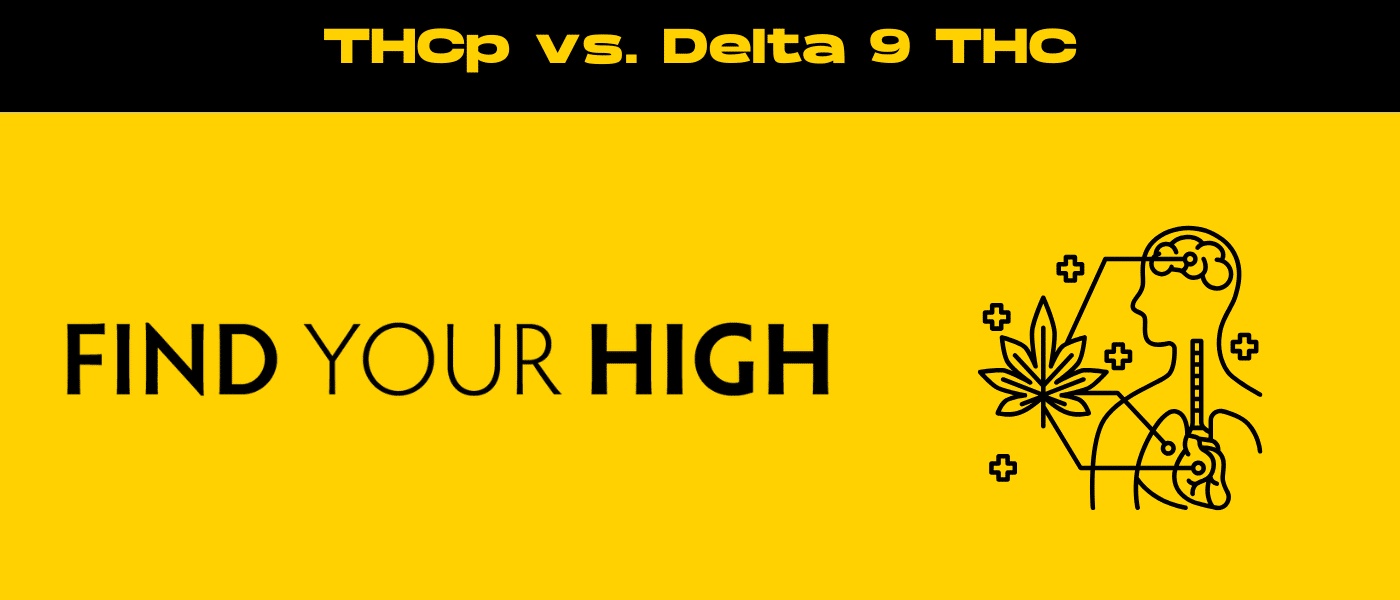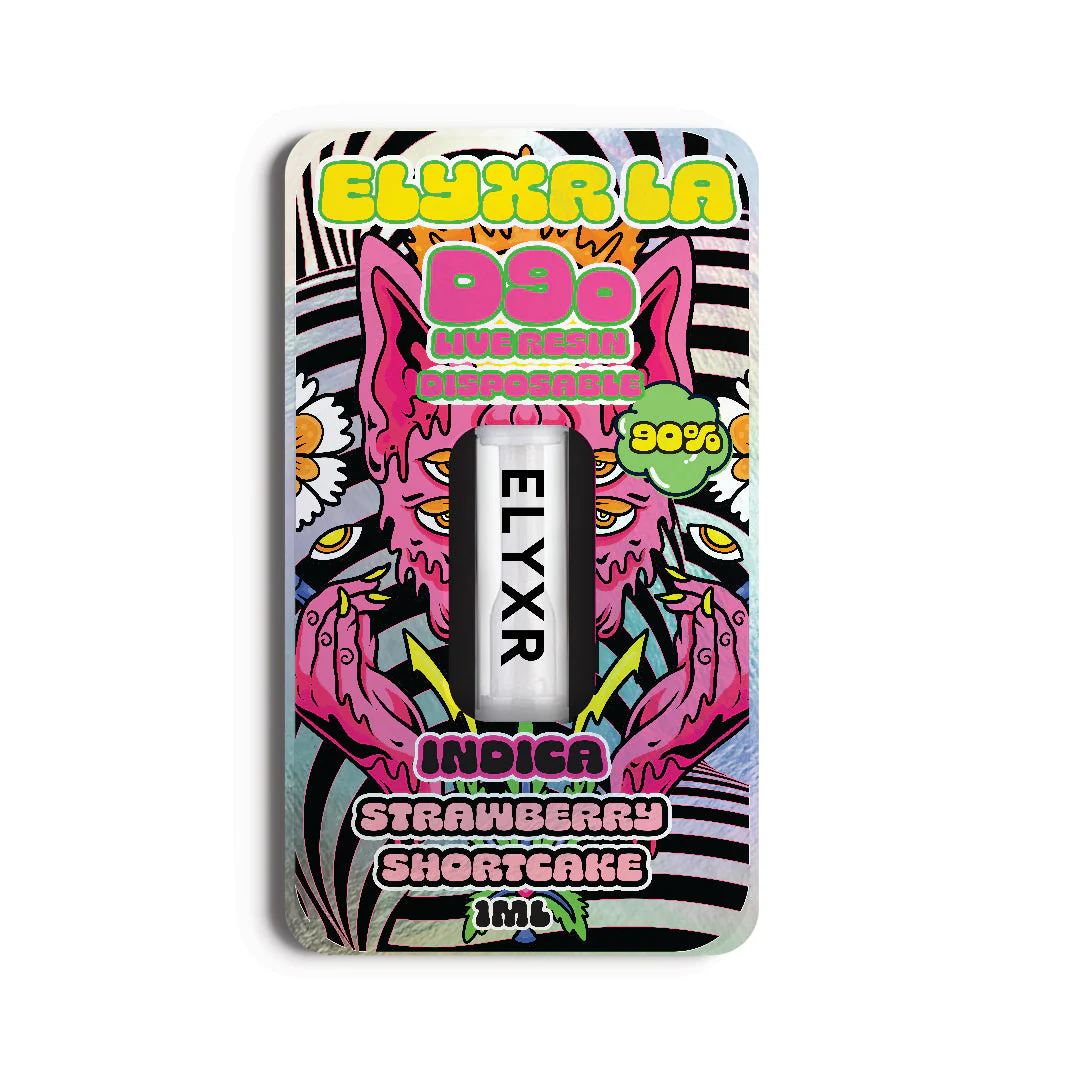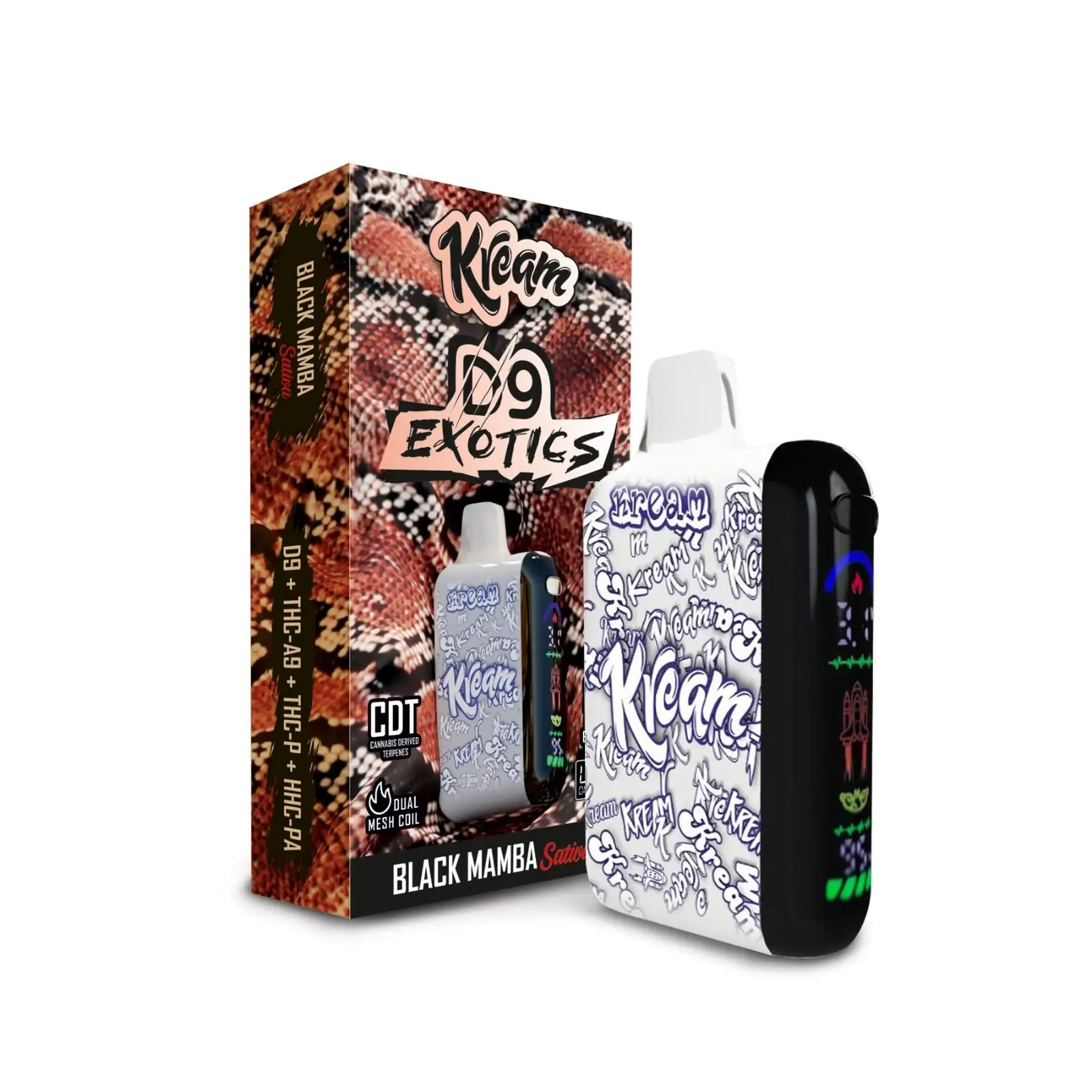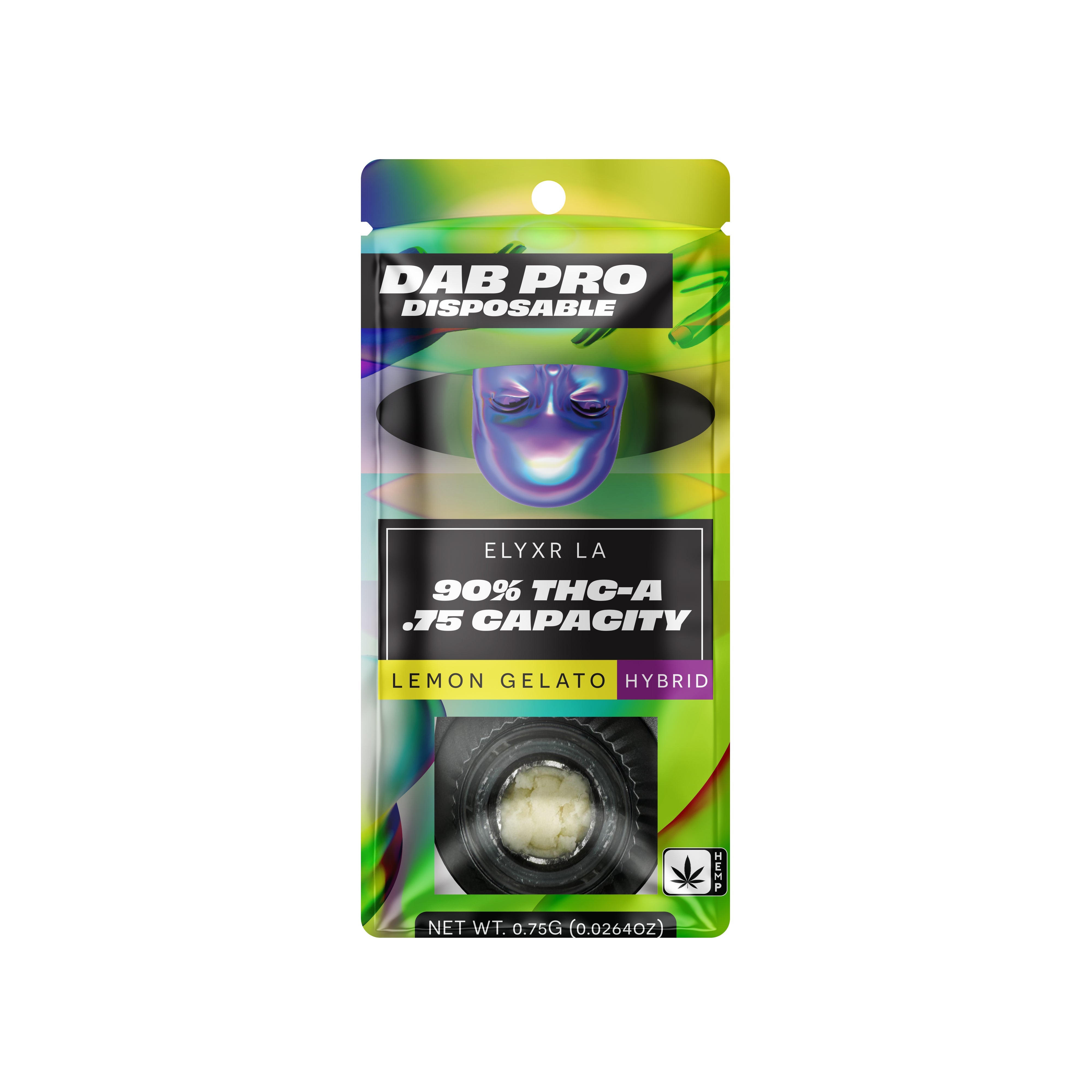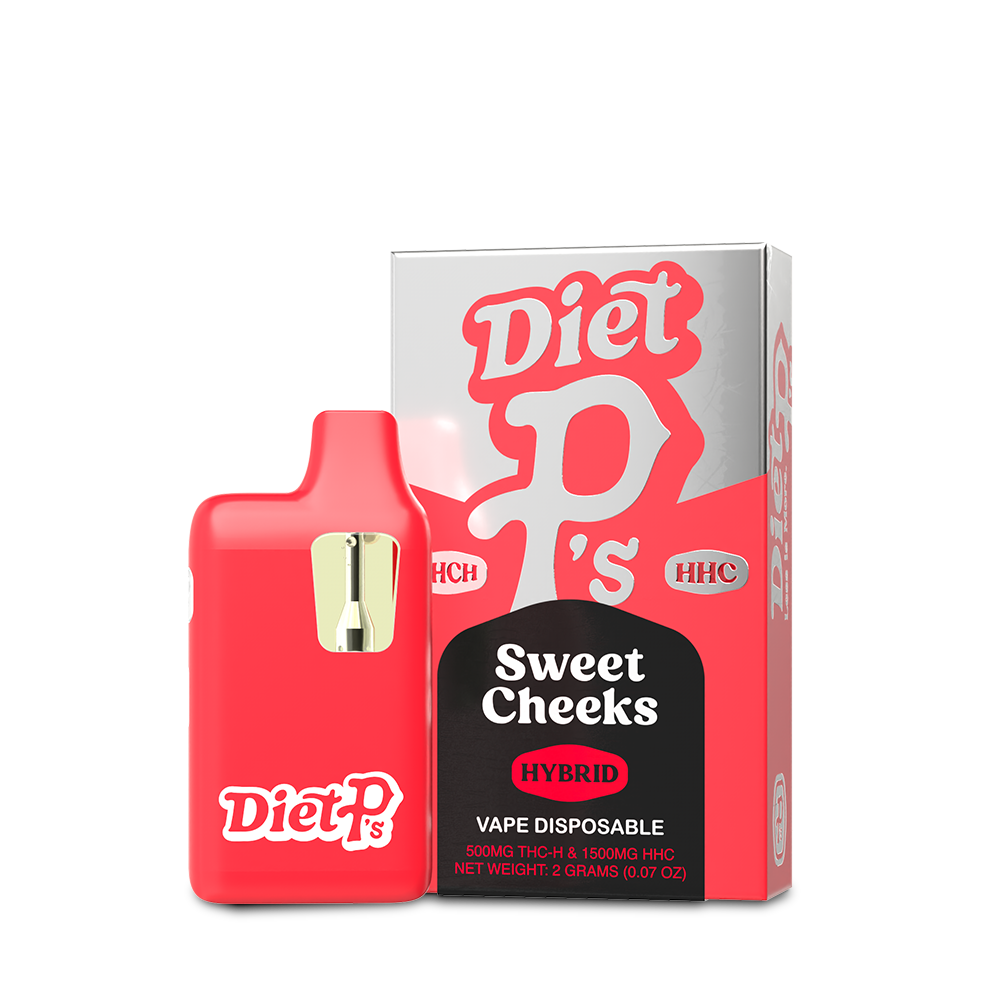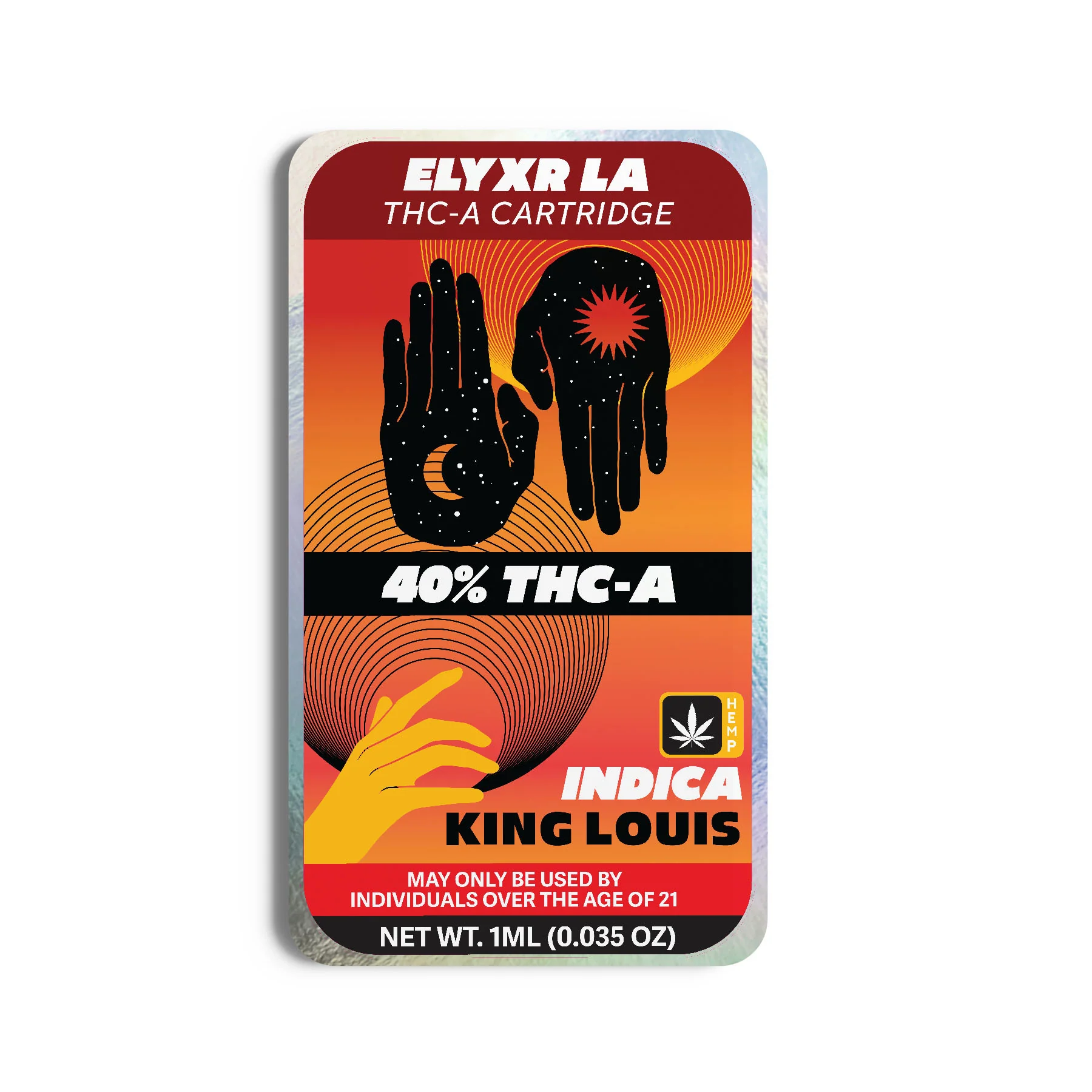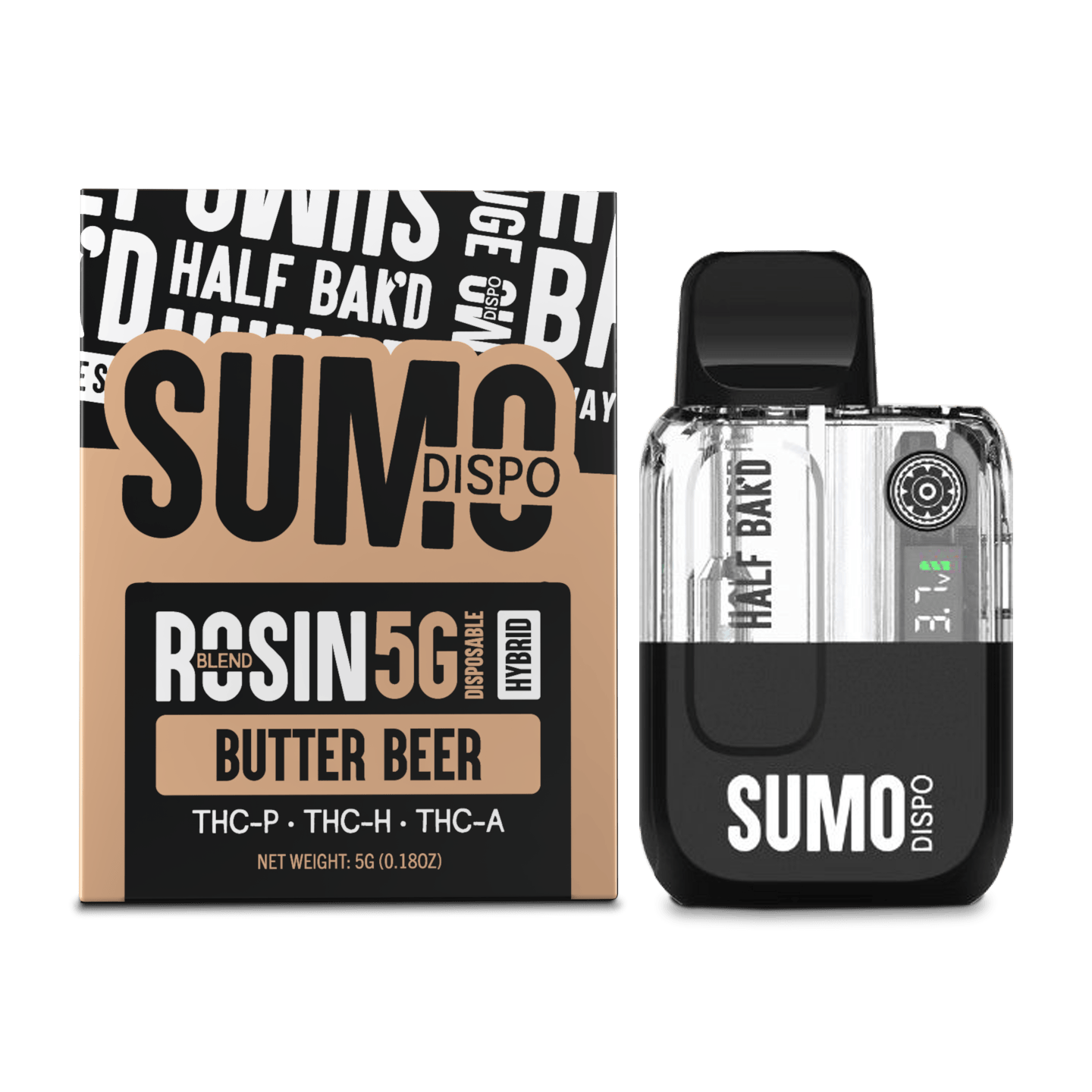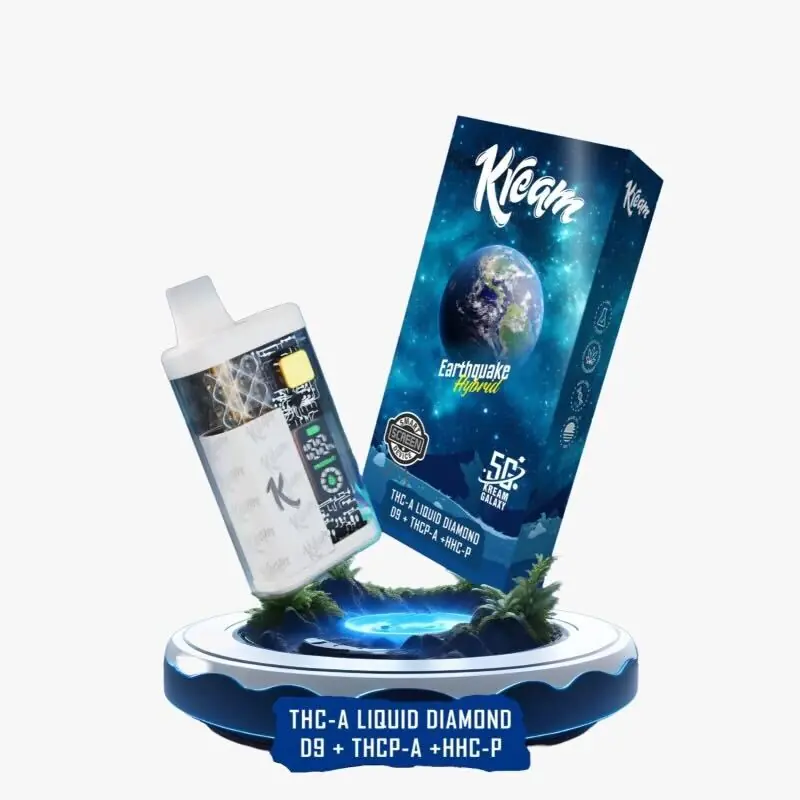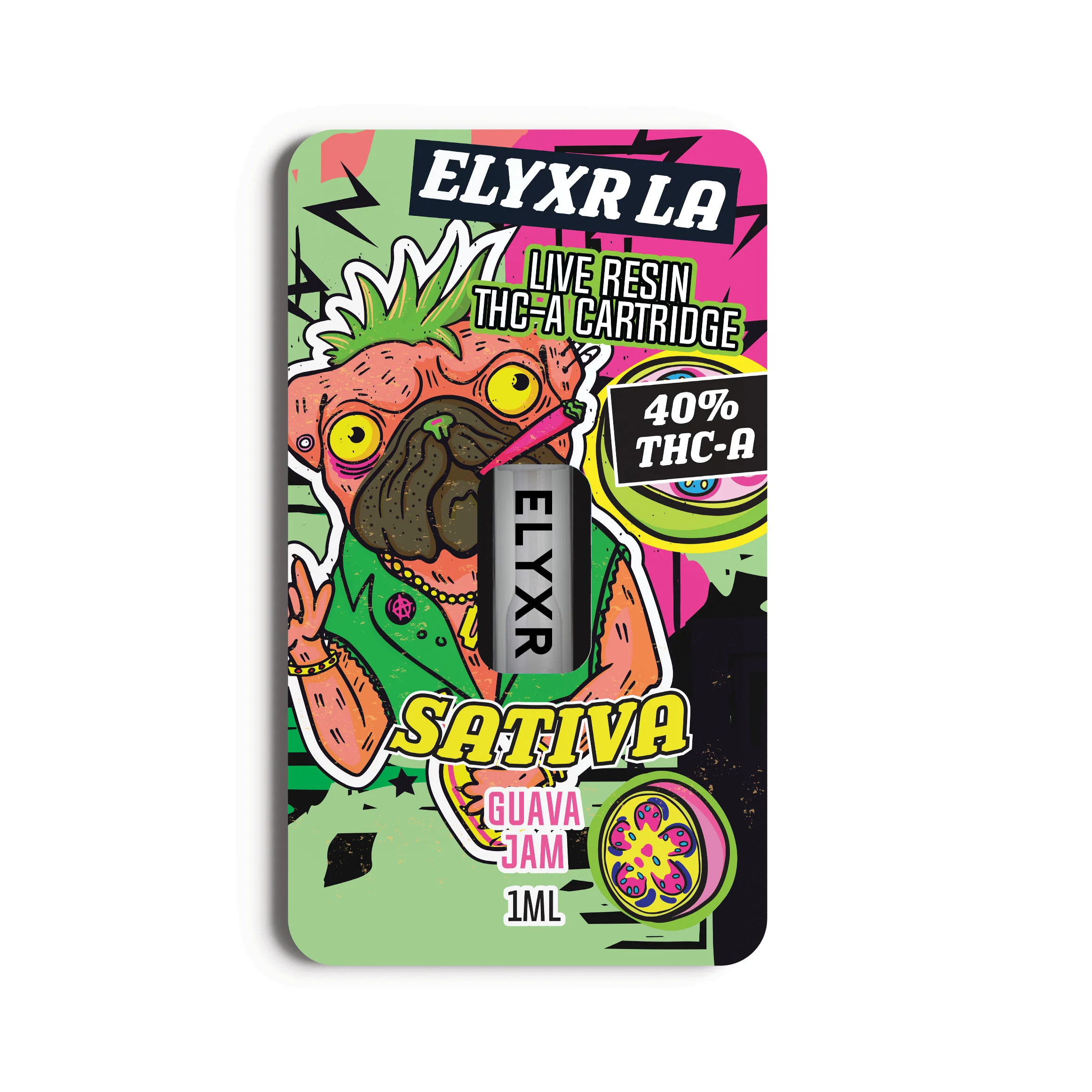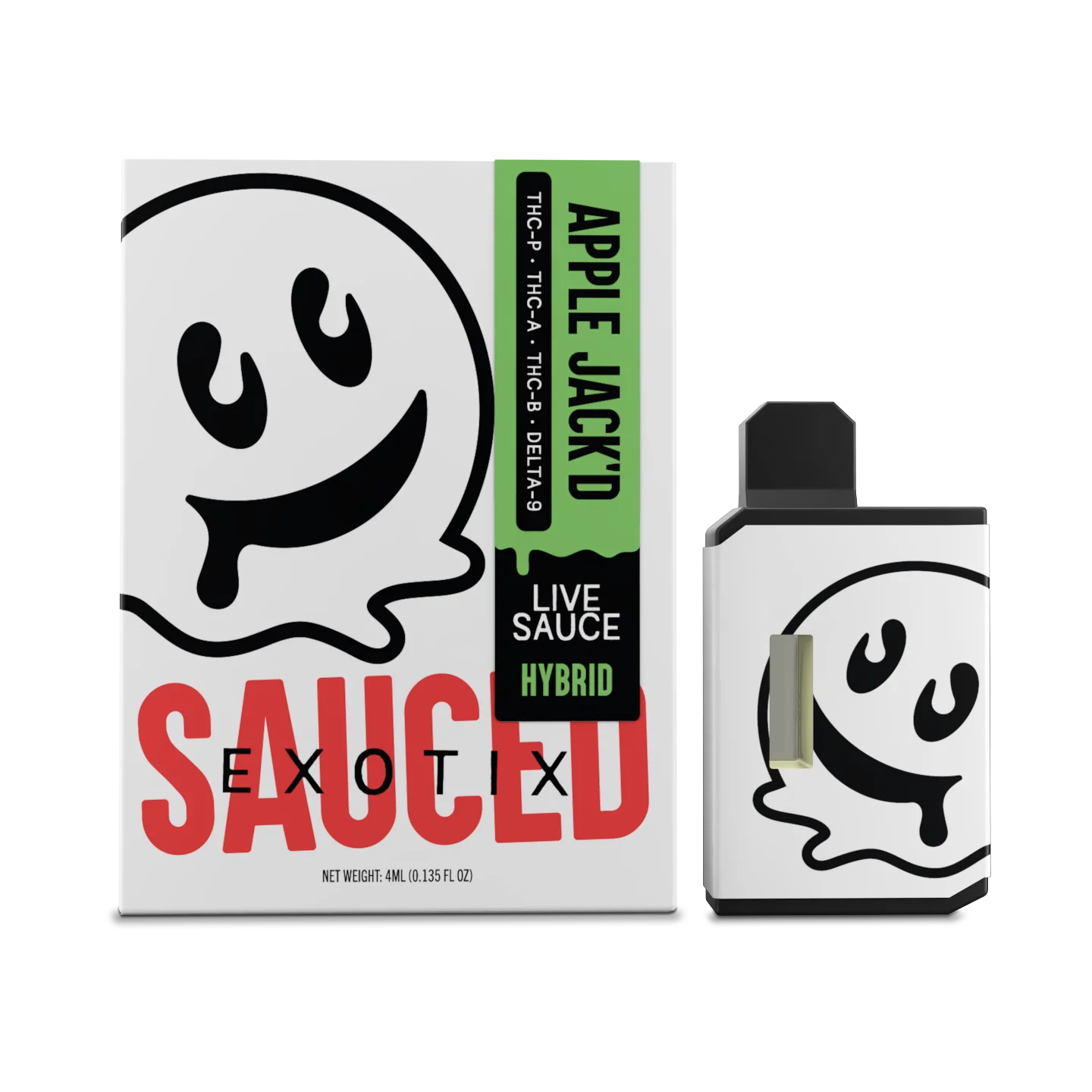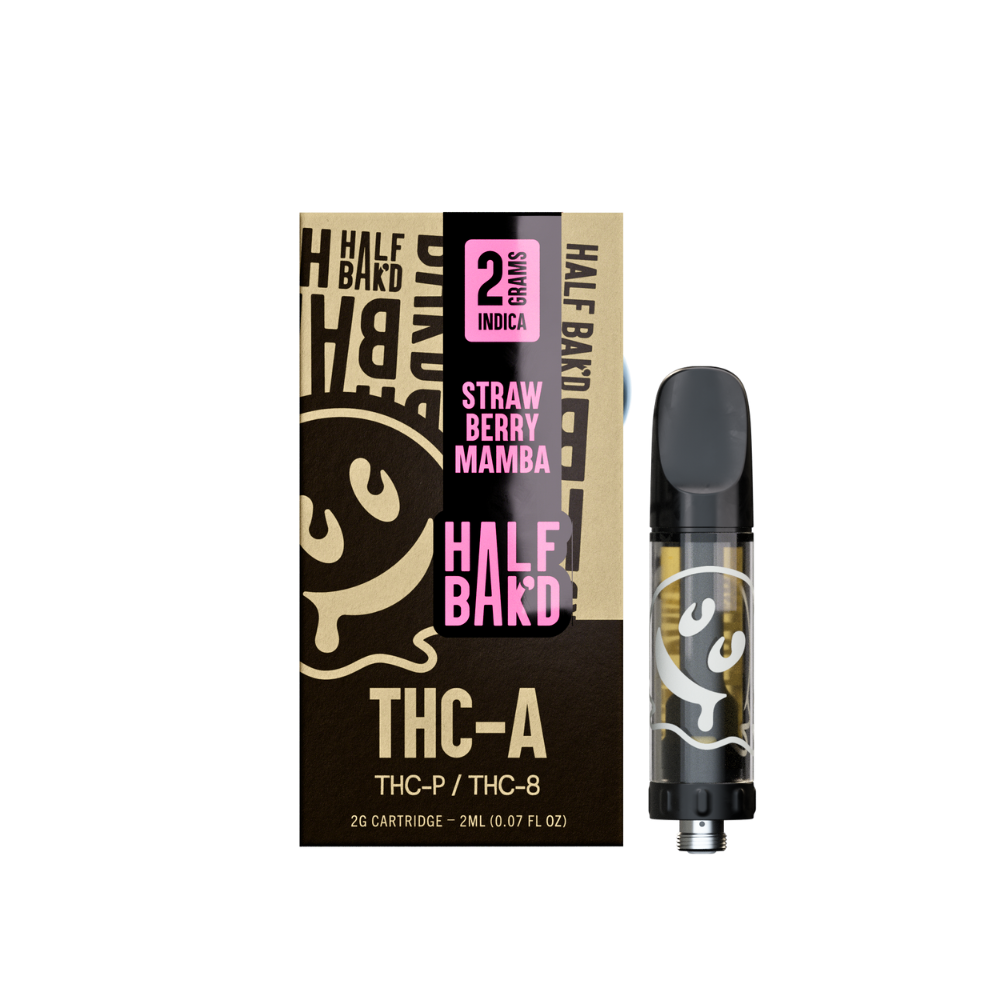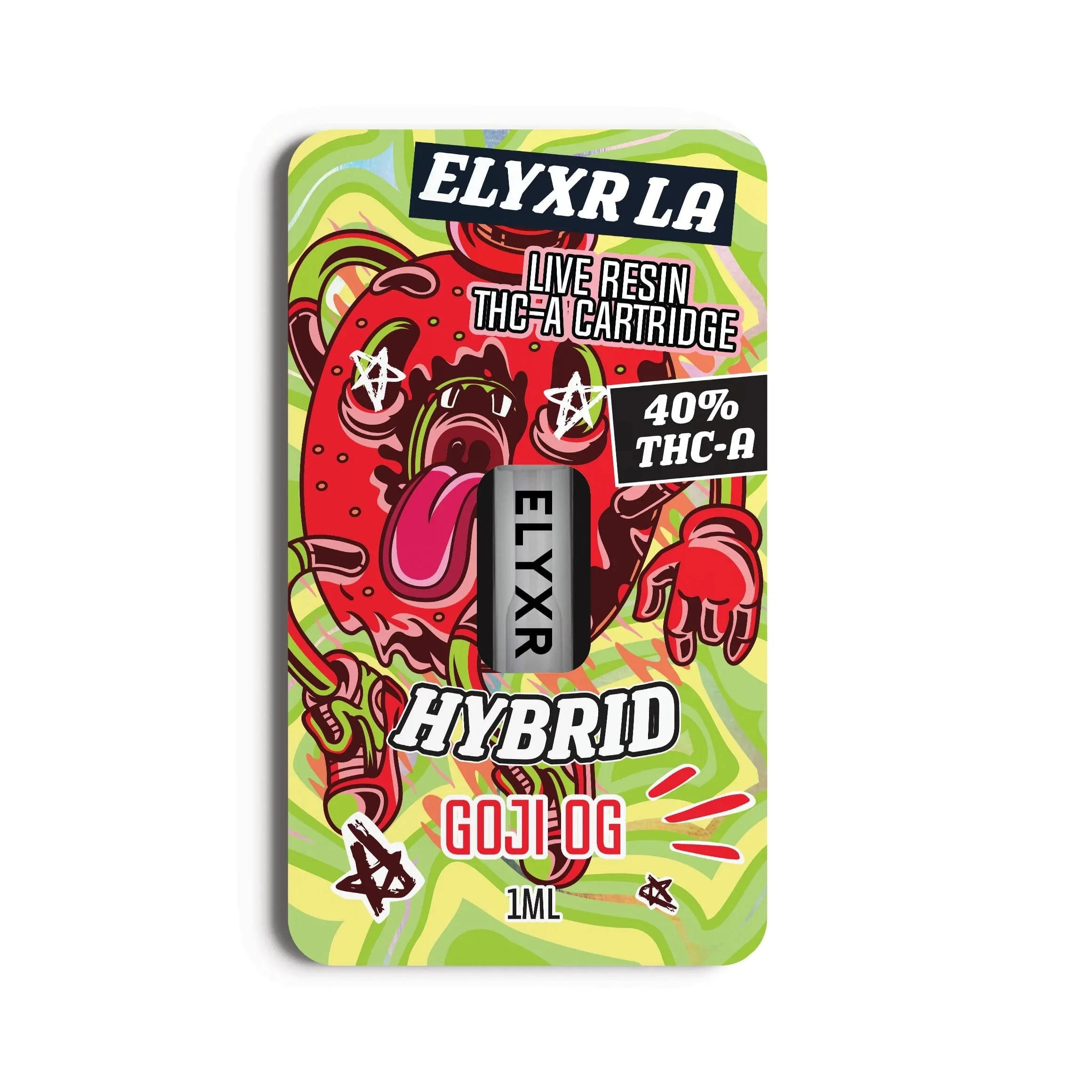As the cannabis world evolves, new cannabinoids are making waves and capturing the curiosity of consumers, researchers, and brands alike. One of the most recent and buzzworthy discoveries? THCp vs Delta 9.
THCp, short for tetrahydrocannabiphorol. While Delta 9 THC—the potent cannabinoid responsible for the classic cannabis high—has been widely known and consumed for decades, THCp is just beginning to step into the spotlight.
Early reports suggest that THCp might be significantly more potent than Delta 9, prompting comparisons, product experimentation, and plenty of questions. Is THCp really 30 times stronger? Does it hit harder? Last longer? And more importantly: is it safe?
In this blog, we’ll break down what makes THCp different from Delta 9, how they compare in terms of effects, potency, legality, safety, and usage. Whether you’re a curious consumer or a seasoned canna-connoisseur, here’s everything you need to know about THCp vs Delta 9.
What Is THCp?
THCp, or Δ9-tetrahydrocannabiphorol, is a naturally occurring cannabinoid that was only discovered in 2019 by a group of Italian researchers. What makes it stand out from other cannabinoids is its unique molecular structure: THCp has a seven-carbon alkyl side chain, compared to the five-carbon chain found in Delta 9 THC. This longer chain allows THCp to bind more efficiently to the body’s CB1 receptors—the receptors primarily responsible for producing the psychoactive effects of traditional THC.
Initial lab findings suggest that THCp binds to CB1 receptors up to 33 times more effectively than Delta 9 THC. That doesn’t necessarily mean it produces a high that’s 33 times stronger, but it does imply that much smaller amounts of THCp can produce powerful psychoactive effects.
While THCp occurs naturally in cannabis, it’s only present in trace amounts, so most THCp found in commercial THC products is synthesized from hemp-derived CBD through a lab process. As a result, THCp is typically found in vapes, tinctures, and edibles labeled as “hemp-compliant.”
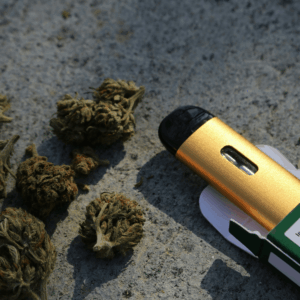
What Is Delta 9 THC?
Delta 9 THC, or Δ9-tetrahydrocannabinol, is the most well-known cannabinoid in the cannabis plant. It’s the compound primarily responsible for the psychoactive effects—euphoria, relaxation, heightened sensory perception—that most people associate with getting high.
Delta 9 is abundant in traditional marijuana strains and has been studied for decades in both recreational and medical contexts. It has a moderate binding affinity to both CB1 and CB2 receptors in the endocannabinoid system, making it versatile in terms of both therapeutic and intoxicating effects.
In terms of product availability, Delta 9 is everywhere: flower, vapes, concentrates, edibles, tinctures, topicals, capsules, and more. It’s legal for adult or medical use in many U.S. states but remains federally classified as a Schedule I substance. That legal gray area hasn’t stopped Delta 9 from dominating the market, and it’s still the benchmark for how hemp-derived alternative cannabinoids are measured—especially when it comes to potency.
THCp vs Delta 9: Potency Compared
So, how does THCp stack up against Delta 9 when it comes to strength? The short answer: THCp is believed to be significantly more potent, at least on a molecular level.
Because of its longer side chain, THCp binds to CB1 receptors far more efficiently than Delta 9. Lab studies have estimated this binding efficiency to be roughly 30 to 33 times greater. However, this doesn’t directly translate into a 30x stronger high. Instead, it means that a much smaller amount of THCp can activate the same receptors that require more Delta 9 to stimulate.
In real-world terms, most users report that THCp produces:
- A more intense body and head high
- Longer-lasting psychoactive effects
- A more sedative or “heavy” feeling compared to Delta 9
That said, personal experience varies greatly. Some users claim they feel higher off small doses of THCp than they would from their usual Delta 9 consumption. Others don’t notice a dramatic difference. Factors like product formulation, delivery method, individual tolerance, and body chemistry all play a role.
The takeaway? THCp is more potent per milligram, so dosing should be approached with caution—especially for beginners or those with low tolerance.
Effects: How Do THCp and Delta 9 Feel?
Delta 9 THC is famous for producing a balanced high that typically includes mental euphoria, enhanced creativity, mood elevation, and body relaxation. Depending on the strain, dosage, and personal chemistry, Delta 9 can feel uplifting, sleepy, calming, or even stimulating. Many medical users rely on Delta 9 for its analgesic, anti-nausea, and appetite-stimulating properties.
THCp produces effects that are similar in nature but often more pronounced. Users often describe the THCp high as deeper, more immersive, and more physical than mental. It may have a slower onset but can last longer, particularly in edible or tincture form. Some also report a stronger couch-lock sensation or more intense body melt compared to traditional Delta 9 strains.
Key differences include:
- THCp may produce a quicker onset in vape form and a longer duration overall
- Effects may last 4–6 hours or more, depending on dose and delivery method
- More sedative or heavy effects reported, especially at higher doses
For experienced consumers looking for a new level of intensity, THCp might offer a satisfying upgrade. But for casual users, especially those prone to anxiety or paranoia, it may be best to proceed with caution.
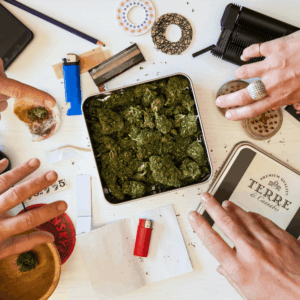
Therapeutic Potential and Benefits
Delta 9 THC has been the focus of countless studies exploring its medicinal benefits. It’s been shown to be effective for:
- Chronic pain management
- Nausea and vomiting (especially from chemotherapy)
- Appetite stimulation
- Sleep support
- Anxiety and stress relief (though sometimes it can worsen anxiety at high doses)
THCp is still very new on the research scene, so there’s limited clinical data on its therapeutic value. However, due to its strong binding affinity to cannabinoid receptors, researchers believe it may hold equal or even greater potential than Delta 9 in certain areas.
Anecdotally, users suggest THCp may offer benefits for:
- Deep, long-lasting pain relief
- Insomnia and sleep disorders
- Intense muscle relaxation
- Stress and anxiety (though dose matters)
As of now, more human studies are needed to confirm these effects. Most of the assumptions about THCp’s benefits are drawn from receptor activity models and early user reports rather than controlled clinical research.
Safety, Tolerance, and Side Effects
Cannabis in general is considered relatively safe, especially compared to substances like alcohol or opioids. That said, both THCp and Delta 9 come with potential side effects, especially when overconsumed.
Common side effects of Delta 9 THC include:
- Anxiety or paranoia
- Dizziness or lightheadedness
- Dry mouth and red eyes
- Increased heart rate
THCp, due to its potency, may amplify these side effects, particularly for new users or those with low THC tolerance. Anecdotal reports suggest THCp can cause:
- More intense psychoactivity
- Longer recovery time after effects wear off
- Stronger mental fog or sedation
Because THCp is active at such low doses, it’s easy to overdo it without realizing. Until more dosing guidelines become standardized, start with extremely small amounts and increase slowly only if needed.
Long-term effects of THCp are not well understood, and regular use could lead to quicker tolerance build-up, similar to Delta 9. For both cannabinoids, moderation and awareness are key to a safe experience.
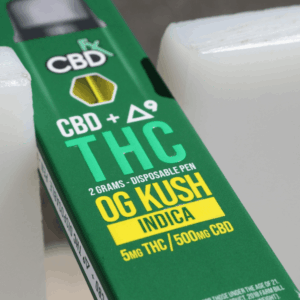
Legality: Can You Buy THCp or Delta 9 Legally?
Delta 9 THC is federally illegal in the U.S., classified as a Schedule I controlled substance. However, it is legal for medical or recreational use in many states. When derived from marijuana (cannabis with more than 0.3% Delta 9 THC by dry weight), it’s subject to state regulations.
THCp exists in a bit of a federal legal gray area. If it’s hemp-derived and contains less than 0.3% Delta 9 THC, it may be legal under the 2018 Farm Bill—the same loophole that legalized Delta 8 and other minor cannabinoids. However, several states have moved to ban or restrict synthetic or semi-synthetic cannabinoids, including THCp.
In short:
- Delta 9 legality = depends on your state
- THCp legality = varies widely and may be at risk of future regulation
Always research your local cannabis laws before purchasing or using either cannabinoid.
Product Availability and Consumption Methods
Delta 9 THC is widely available in legal cannabis markets. You can find it in:
- Flower and pre-rolls
- Edibles (gummies, baked goods, drinks)
- Vapes and concentrates
- Tinctures and capsules
- Topicals and patches
THCp is still emerging and is currently available in more limited forms:
- Vape cartridges and disposables
- Edibles (often blended with Delta 8 or HHC)
- Tinctures or oils
Because THCp is so potent, it’s often sold in products blended with other cannabinoids to moderate the effects. If you’re shopping for THCp, make sure to choose cannabis products that include lab-tested COAs (Certificates of Analysis) and transparent labeling.
Final Thoughts: Which One Should You Choose?
Choosing between THCp and Delta 9 comes down to your goals, experience level, and tolerance. If you’re new to cannabis or prefer mild-to-moderate effects, Delta 9 is probably your best starting point. It’s familiar, more predictable, and well-researched.
However, if you’re looking for a new experience, have a high THC tolerance, or are curious about exploring the cutting edge of cannabinoids, THCp might be worth a try—with caution. Because it’s so potent, it’s easy to overdo it without realizing.
Here are a few tips:
- Start low and go slow, especially with THCp.
- Always check lab tests and product labels.
- Avoid mixing THCp with alcohol or other substances on your first try.
- Consider your setting and mental state before diving in.
Ultimately, both cannabinoids offer unique benefits and experiences. Delta 9 is tried and true, while THCp is the exciting new kid on the block with a lot of potential—and a lot of unknowns. As always, the best cannabinoid for you depends on how you want to feel, what you want to treat, and how much you’re willing to experiment.
Frequently Asked Questions
1. Is THCP stronger than Delta 9?
Yes, THCP is significantly stronger than Delta 9 THC in terms of receptor activity. Scientific studies show that THCP binds to CB1 receptors up to 33 times more effectively than Delta 9, meaning it can produce intense effects even at lower doses. However, this doesn’t mean the high is 33 times stronger—it just means it takes much less THCP to feel a potent psychoactive response.
2. What kind of high does THCP give you?
THCP is known for delivering a powerful, full-body high that’s often described as more immersive and sedative than Delta 9. Many users report a deep sense of physical relaxation, stronger couch-lock, and a longer-lasting experience. Mentally, it can feel hazy or dreamy, and may be overwhelming for those with low THC tolerance. Dosing low is highly recommended until you know how your body responds.
3. Can THCA get you stoned?
Not in its raw form. THCA (tetrahydrocannabinolic acid) is the non-psychoactive precursor to Delta 9 THC. On its own, THCA won’t get you high. However, when it’s heated—through smoking, vaping, or baking—it converts into Delta 9 THC, which is psychoactive. So yes, if you heat THCA flower or concentrates, it can absolutely get you stoned.
4. Is delta 10 or THCP stronger?
THCP is much stronger than Delta 10. Delta 10 THC is a milder, more energizing cannabinoid known for producing a subtle high often compared to sativa strains. THCP, on the other hand, is highly potent, with much more intense and sedating effects. If Delta 10 is ideal for daytime or light use, THCP is more of a heavy-hitter best suited for experienced users or evening use.




